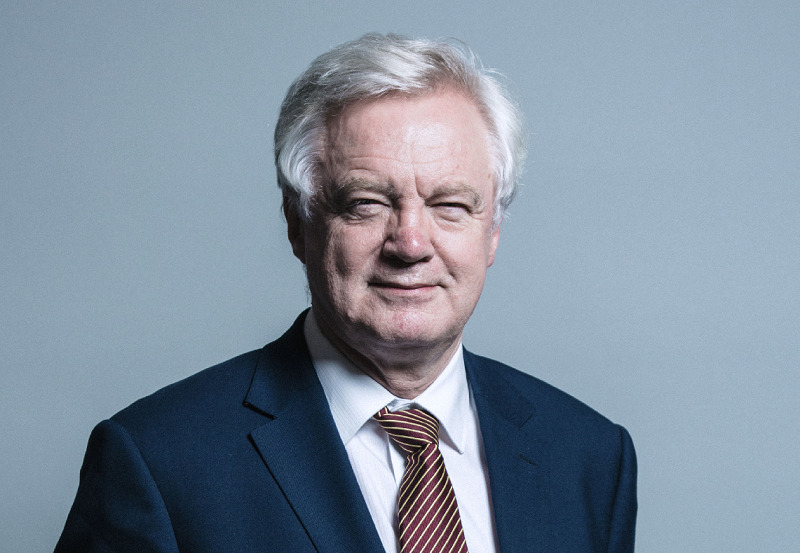The heads of some of Europe’s most significant energy companies and associations have urged the UK and the European Union to place continued energy alignment as a priority during Brexit negotiations.
In a letter addressed to both Brexit secretary David Davis and the European Union’s chief negotiator Michel Barnier, the list of co-signees have pleaded with both the UK and the EU27 to commit to an ongoing collaboration on climate issues, and to ensure the Paris Agreement commitments are considered in any post-Brexit relationship.
It has been signed by the likes of E.On UK chief Michael Lewis, EnergyUK CEO Lawrence Slade, SSE chief executive Alistair Phillips-Davies and Tom Glover, the UK country chair of RWE.
The letter also urges the development of a comprehensive climate and energy chapter, covering both trade and non-trade related issues, to take place within ongoing Brexit negotiations.
It argues that alignment and integration of energy markets and climate policies throughout Europe has served to enhance energy security and reduce energy bills both in the UK and in Europe, and called on negotiators to ensure that these benefits remain in the future.
“This will help to ensure our climate and energy security is protected, it will foster innovation and economic growth and it will help ensure the EU and UK remain leaders in the global battle against climate change,” the letter states.
The nature of the UK’s energy relationship with the Eurozone post-Brexit has been the subject of much debate within the industry, with most operators thought to be keen to secure a relationship as close to the status quo as possible.
This could however be increasingly at odds with the UK government’s current attitude towards the Customs Union and single market. In February a litany of prominent politicians warned that the UK’s continued participation in the Internal Energy Market would be “off the table” as a result of that stance.
Later that month, Viscount Hanworth, of the House of Lords’ EU Energy and Environment Sub-Committee, warned that the potential effects of Brexit on the energy industry could be both “injurious” and “incomparable”.






